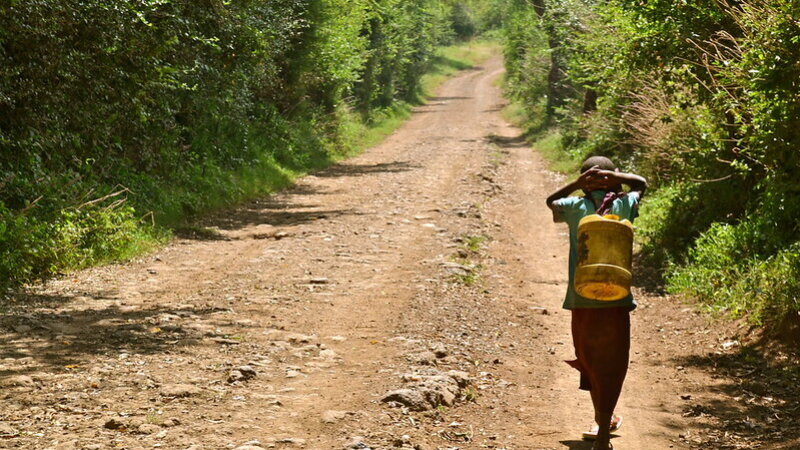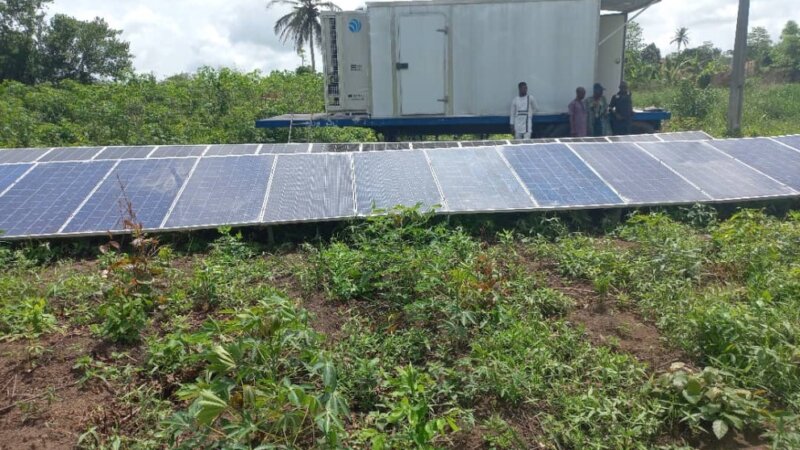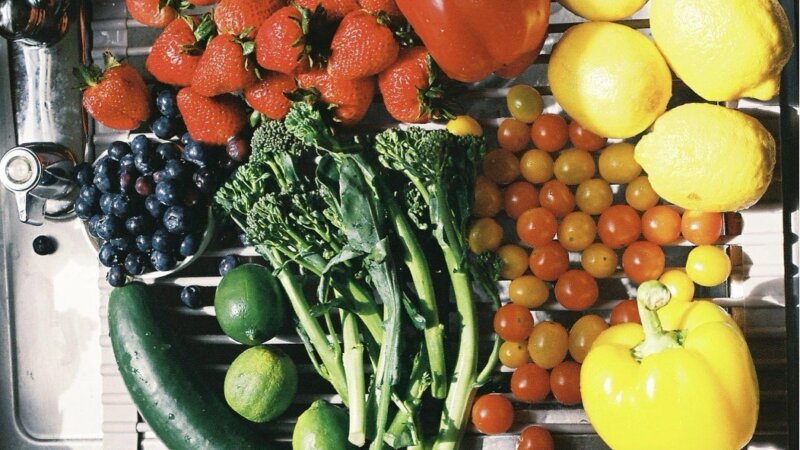Improving manure management practices in Kiambu, Kenya
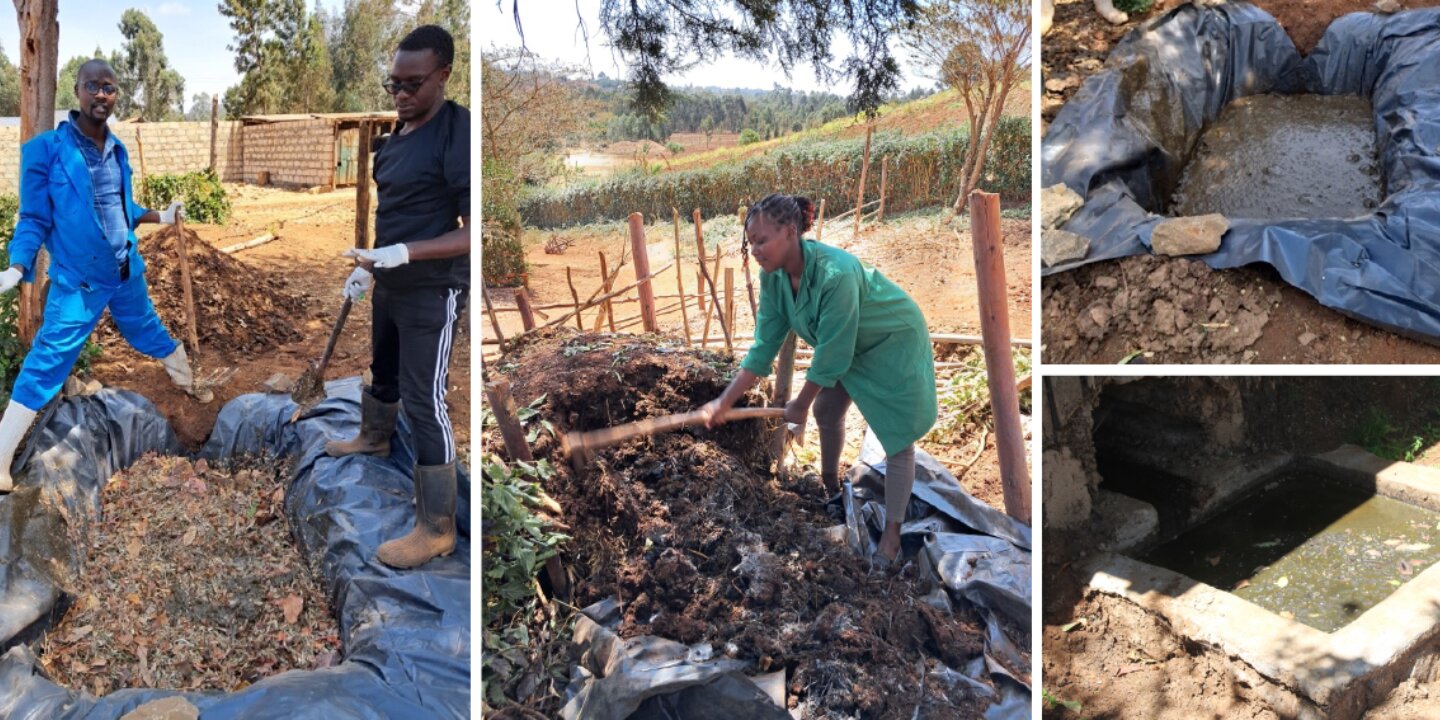
preparing a compost pit for the manure management trials in Kiambu.
NEADAP partnership aims to trial and scale solutions for improved manure management. It is important to limit nutrient losses from cow manure for environmental and economic reasons. There are several options: covering manure heaps and pits, composting of the manure, compost the slurry from bio-digesters and separation of urine and dung in the cow barn. For NEADAP, experts Naomi Chepsuge and Bram Wouters are organising several trials, demonstrations and training on improved manure management with dairy cooperatives. In the article below, Naomi explains the current practices at farm level and the trials underway in Kenya.
In East African dairy farming systems, manure is a valuable but often underutilized resource that can cause pollution of surface and underground water resources when not stored or applied properly. This is especially true in (semi)-zero-grazing systems, particularly in peri-urban areas with limited land near the Zero Grazing Unit (ZGU). Solid dung is typically stored without cover, and much of the urine is lost through seepage or runoff during shed cleaning. As a result, 50-70% of the nitrogen in manure and 25-45% of potassium are commonly lost. Despite this, most of the manure is used close to the homestead for kitchen gardens or cash crops.
Manure as a fertilizer for crop productivity, specifically on pasture and fodder, has been largely underutilized in East African dairy farming systems. In Kiambu, NEADAP and Limuru Dairy Cooperative are conducting manure management improvement trials with the aim of finding methods that will retain the most nutrients and reduce the cost of production for farmers. The trials involve the use of covers, composting of manure and bio-slurry and utilization of liquids on pasture. The selected farmers are young and willing to learn, and the trials are ongoing on their farms. After the trials, the aim is to reduce the cost of production at the farm level by allowing farmers to reduce the buying of fertilizer and start using manure instead. The challenges faced include the time-consuming nature of some of the methods and convincing farmers to join the program.
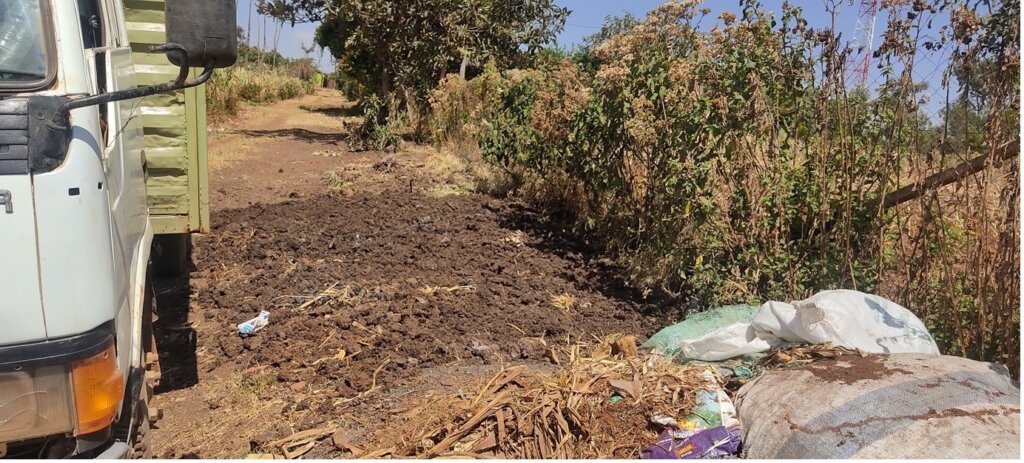
"We currently dry the manure and pack it in bags for application on the farm,” says John, showing us the manure that he is drying on his farm.
Currently, many farmers in the Kiambu area are drying their manure in the open to improve on handling and transportation into their farms. Other farmers with a biodigester are either drying or trenching bio-slurry. However, this led to nutrient losses through volatilization and leaching. Drying manure is more difficult during the rainy season, hence NEADAP is introducing composting of manure and bio-slurry with other vegetative materials and compared this with the practice of drying manure. The manure management project works closely with the extension staff of the cooperatives.
"Drying manure on the open with direct sunshine loses nitrogen and when it rains there is leaching of nutrients to the ground", says Susan Nyambura, an extension officer with Limuru Dairy Cooperative in Kiambu.
According to Naomi Chepsuge, a manure management consultant at NEADAP, many farmers do not see the manure as something that can replace fertilizer. They see it as a supplement and combine it with fertilizer. Farmers underestimate the value of manure, and hence, underutilize it. The goal of the manure management project is to bring awareness of the manure value and promote its utilization as a fertilizer for crop productivity. By storing solid dung and liquids separately, farmers can minimize ammonia volatilization and nitrogen loss. Composting is another process that farmers can adopt to have a stable product that is easy to package, transport, and apply.
By educating farmers on the value of manure as a fertilizer, NEADAP hopes to change their perception of it as a supplement and encourage them to utilize it fully. With the right knowledge and practices, manure can be a valuable resource that helps farmers to cut costs and increase productivity.
Author

Naomi Chepsuge
Jr. consultant Manure management

